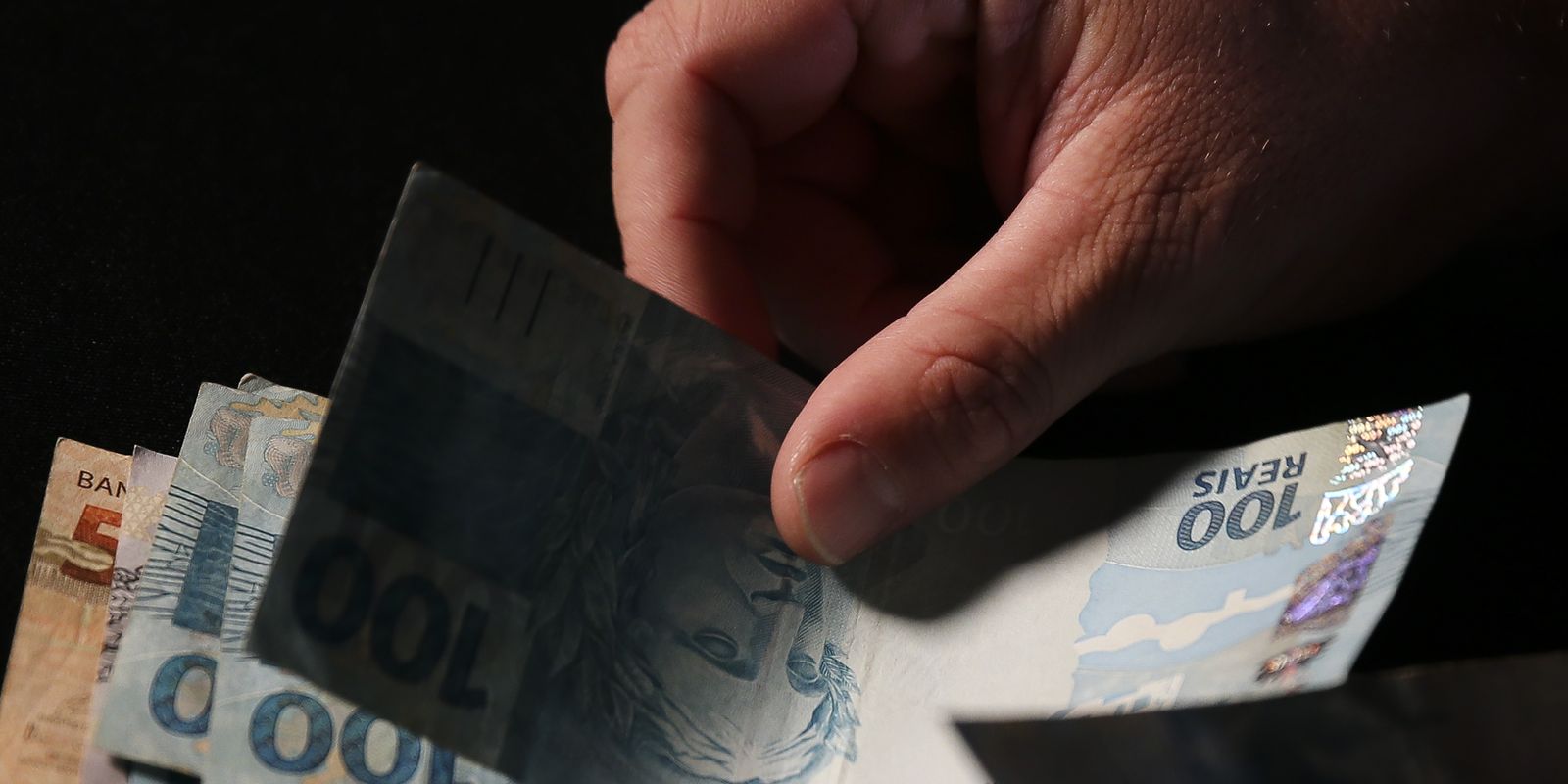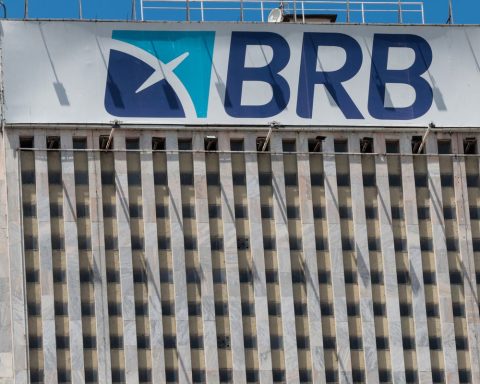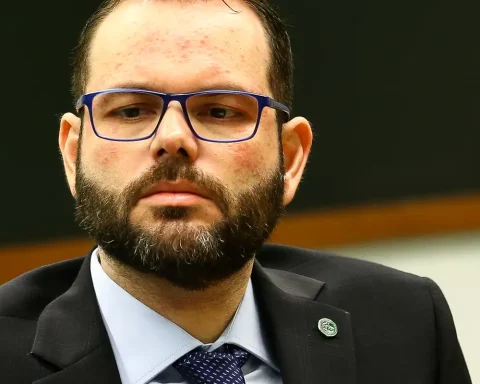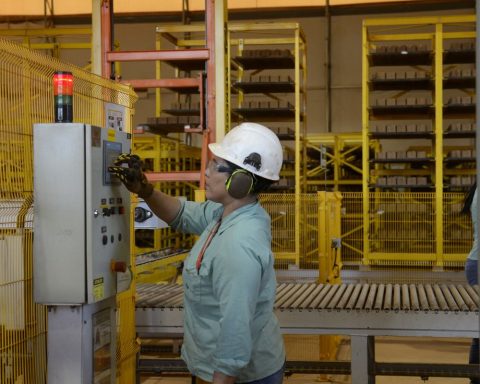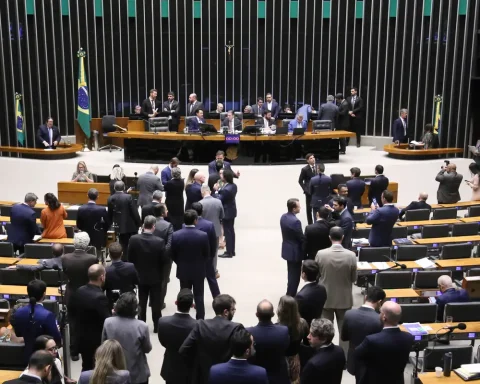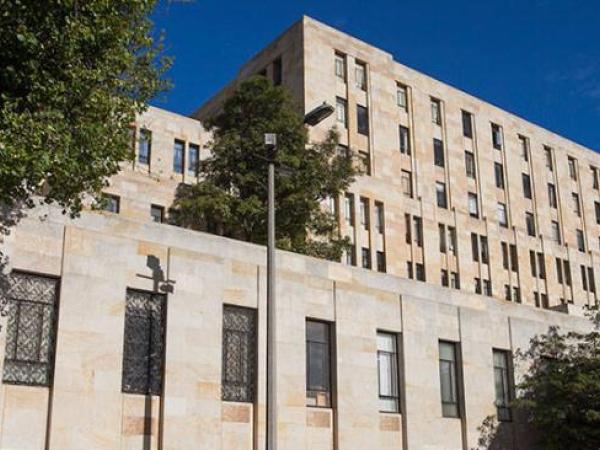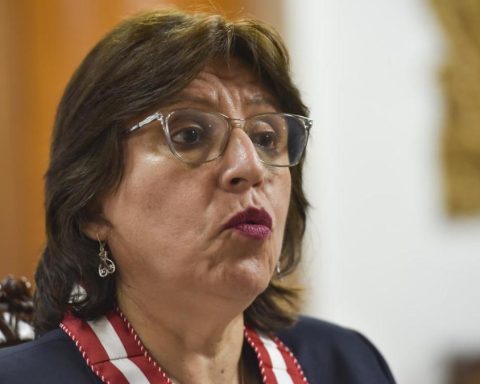By the end of November, Brazilians had not withdrawn R$8.69 billion in resources forgotten in the financial system, according to information released this Wednesday (8) by the Central Bank (BC). According to the latest update, the Receivable Values System (SVR) returned R$8.69 billion, out of a total of R$17.63 billion made available by financial institutions.
On October 16, the forgotten resources were transferred to the National Treasury and await the publication of a notice with the new rules for withdrawal. If the money is not required within the next 25 years, it will be definitively incorporated into the Union’s assets.
SVR statistics are released with a two-month lag. Despite the transfer to the Treasury, the statistics will continue to be updated, with the inclusion of data that was out of date. Data for December, the second month after the money was transferred to the Treasury, will only be presented on February 7th.
In relation to the number of beneficiaries, by the end of November, 27,411,547 account holders had redeemed amounts. Although the mark exceeds 27 million, this represents only 36.15% of the total of 75,832,439 account holders included in the list since the start of the program, in February 2022.
Among those who withdrew amounts by the end of November, 25,279,680 were individuals and 2,131,867 were legal entities. Among those who have not yet made the redemption, 44,546,559 are individuals and 3,874,333 are legal entities.
Most people and companies that have not withdrawn are entitled to small amounts. Amounts receivable of up to R$10 concentrate 64.88% of beneficiaries. Values between R$10.01 and R$100 correspond to 23.68% of account holders. Amounts between R$100.01 and R$1,000 represent 9.68% of customers. Only 1.75% are entitled to receive more than R$1,000.
After being offline for almost a year, the SVR reopened in March 2023, with new sources of funding, a new scheduling system and the possibility of recovering values from deceased people. In November, R$238 million were withdrawn, relating to requests made before the forgotten amounts were transferred to the National Treasury.
The transfer to the Treasury occurred to compensate for the extension of the payroll relief until 2027. The approximately R$8.7 billion will make up the R$55 billion that will enter the government’s treasury to cover the extension of the benefit, but the decision will be up to the Federal Supreme Court (STF), which will judge an action that questions the constitutionality of the return to the Treasury.
Improvements
Since September, the BC has allowed closed companies to consult values in the SVR. The redemption, however, could not be done through the system, with the legal representative of the closed company sending the necessary documentation to the financial institution.
As the company with an inactive CNPJ does not have a digital certificate, access was not possible before. This is because queries to the SVR are made exclusively through the Gov.br account.
Now, the legal representative can log into the SVR with their personal Gov.br account (gold or silver type) and sign a liability waiver to check the amounts. The solution applied is similar to access to consult the values of deceased people.
Sources of funds
In 2023, forgotten sources of funds that were not in the 2022 batches were included. Closed prepaid or postpaid payment accounts, registration accounts maintained by closed brokers and distributors, and other resources available at institutions for return were added.
In addition to these sources, the SVR includes the following amounts, already available for withdrawals last year: closed current or savings accounts; capital quotas and apportionment of net surpluses of former credit union participants; unsought resources from terminated consortium groups; tariffs charged incorrectly; and installments or expenses of credit operations charged unduly.
Scams
The Central Bank advises account holders to have be careful with scams of fraudsters who claim to act as intermediaries for supposed rescues of forgotten values, even with the interruption of withdrawals. The organization emphasizes that all Valors a Receivable services are completely free, and that it does not send links or contact you to discuss amounts receivable or to confirm personal data.
The BC also clarifies that only the financial institution that appears in the Receivable Values System consultation can contact the citizen. The agency also asks that no citizen provide passwords and clarifies that no one is authorized to make this type of request.
